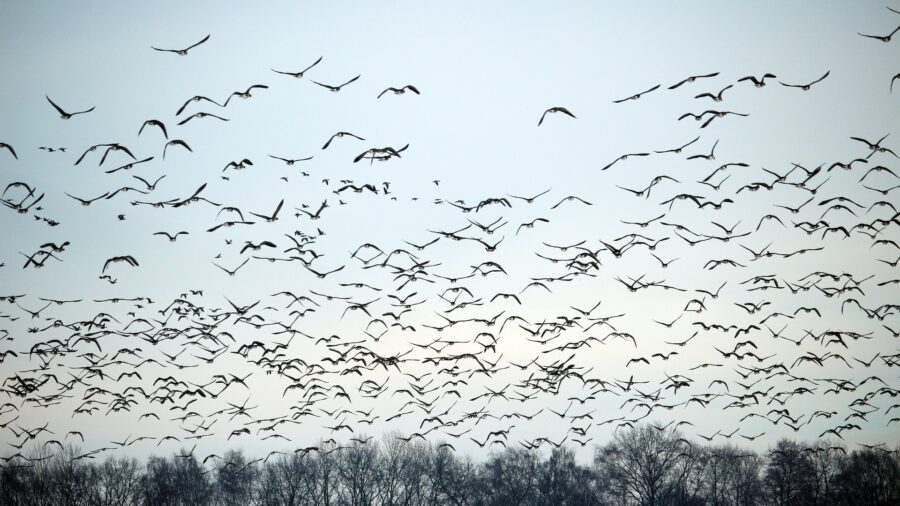Birds Are Now Video Calling Each Other, See The Video
Birds were recorded video calling each other for a research study.

Soon enough, the Angry Birds game won’t be the only avian on your smartphone. According to the latest research from Northeastern University, some birds have developed the cognitive ability to make and receive video calls from their feathery friends, perhaps lending more credence to the recent allegations that the sky-bound creatures are secretly government drones. The video shows a pair of parrots learning to make video calls with other parrots, proving that the highly advanced birds aren’t just all talk.
In what must have been a slow news day for the esteemed University, researchers at Northeastern decided to see what would happen if you acquainted birds with video calling technology. The results seem to suggest that these video calling platforms, such as Zoom and FaceTime, could help birds raised in captivity to understand and develop communication skills known only in the wild. This study resulted in some birds improving their behavior, likely leading to an improvement in health and mood within their owner’s homes.
So the next time you’re FaceTiming your dog during an especially long work day to assure him that he is, in fact, a good boy, you can explain to your scoffing office-mate that science has your back. Assistant professor, Rébecca Kleinberger of Northeastern University, teamed with parrot behaviorist Jennifer Cunha and assistant professor at the University of Glasgow, Ilyena Hirskyj-Douglas to demonstrate how video calling works on smartphones and tablets to a range of bird species, eventually teaching the birds how to make video calls of their own. This not only revealed just how quickly these brilliant creatures can pick up on technological advancements of the 21st century when exposed to them in a controlled environment but also opened up a vast, untapped market of Facebook users from whom Mark Zuckerberg can allegedly steal data.

According to the research, birds quickly developed intricate social cliques, often squawking and bobbing with joy at the thought of video calling their friends. The parrots seemed to have a full and complete understanding that another parrot was on the other end of the phone rather than mistaking the screen for a mirrored image or still shot. Furthermore, many of the parrots were able to learn skills through the video calls, including new vocalization techniques, flying, and foraging.
This may mean that bird television executives are already looking into creating brand deals for parrot influencers via Tik Tok, with concerned bird parents petitioning local governments for warning labels encouraging their pets not to attempt dangerous stunts they’ve seen on TV. Birds tended to remain on the video calls for the maximum allotted time, demonstrating that the hollow-boned beasts aren’t so different from humans after all. The birds who participated in video calling the most quickly became recognized as the most popular, quickly relishing the extra attention brought on by the extracurricular activity.
Though the research may be shocking to many, it looks as though birds actually love video-calling one another. What Northeastern researchers do with this information remains to be seen at this time, but one thing is certain: pet lovers just got the best excuse to make new friends ever!












